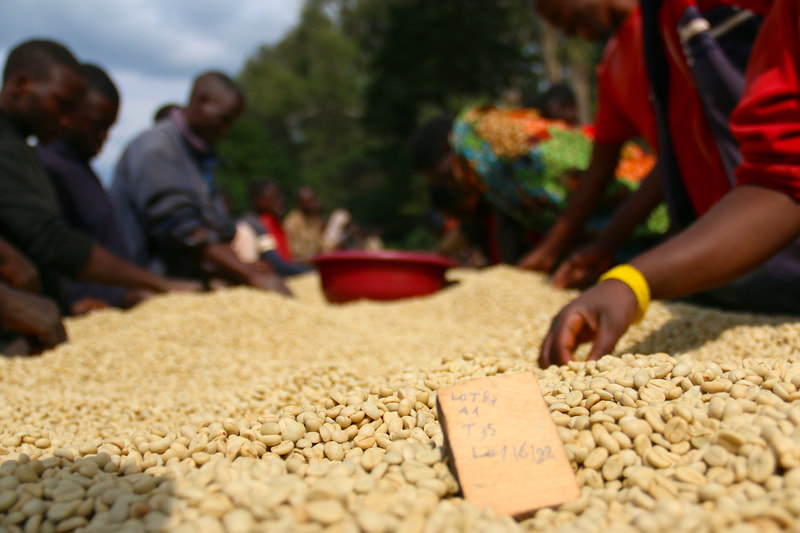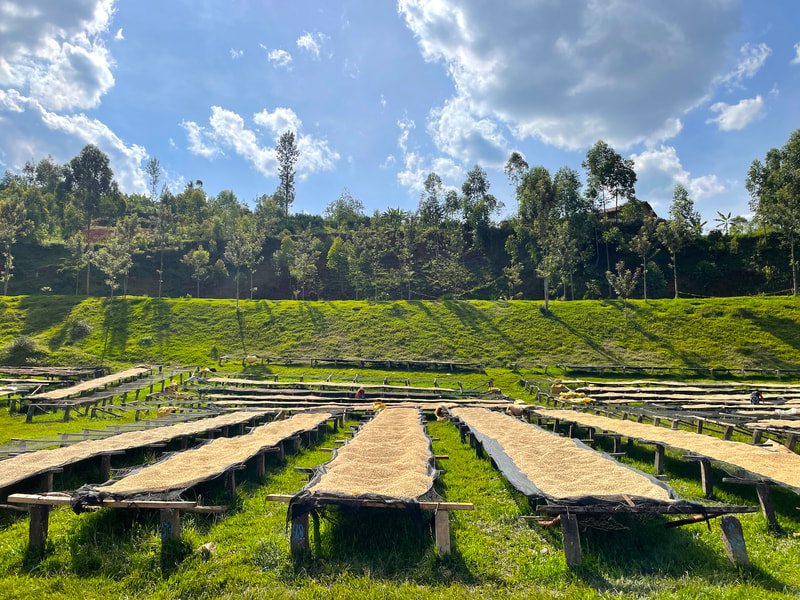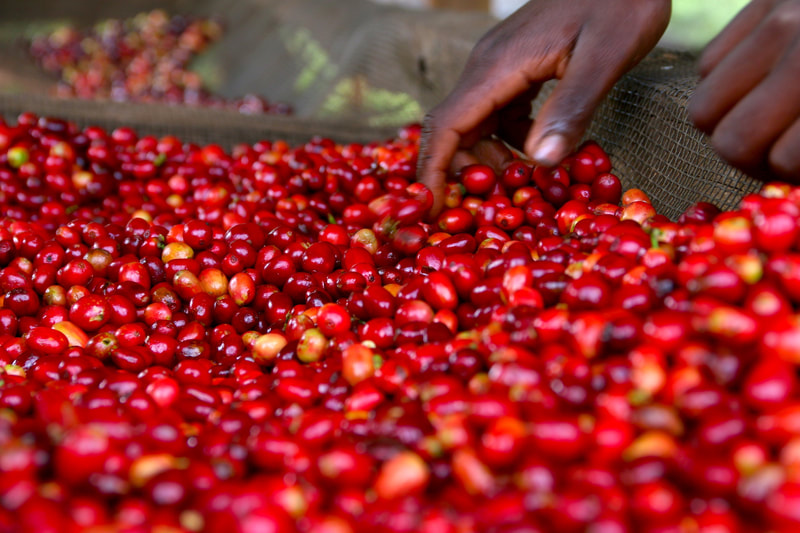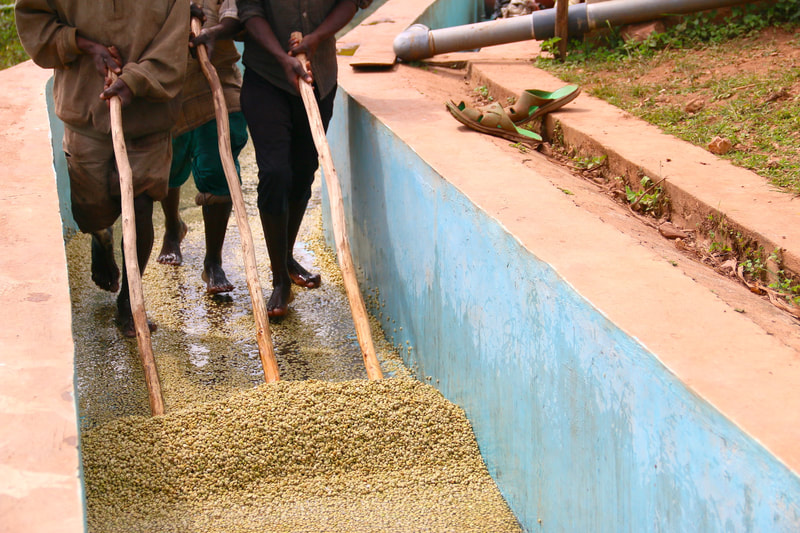RWANDA NGORORERO
General Information
|
Origin: Rwanda
Region: Western Province District: Ngororero Washing Station: Ngororero Farmers: 1405 active members (562 female, 843 male) Cultivar: 100% Bourbon Types Altitude: 1616 masl Process: Fully Washed Harvest: March - June 2022 Cherry Price | FOB Price: 4.69 USD/kg | 7.22 USD/Kg Screen | Moisture | Density: 15+ | 10.6% | 0.71 g/ml Packaging: 60 Kg + GrainPro Score: 86.6 Notes: Plum, Nutmeg, Vanilla, Pineapple |
|
HAND SORTING THE POTATO DEFECT
NGORORERO cws LOCATION
|
WHERE WE ARE
Barcelona, Spain Santiago, Chile Budapest, Hungary |





